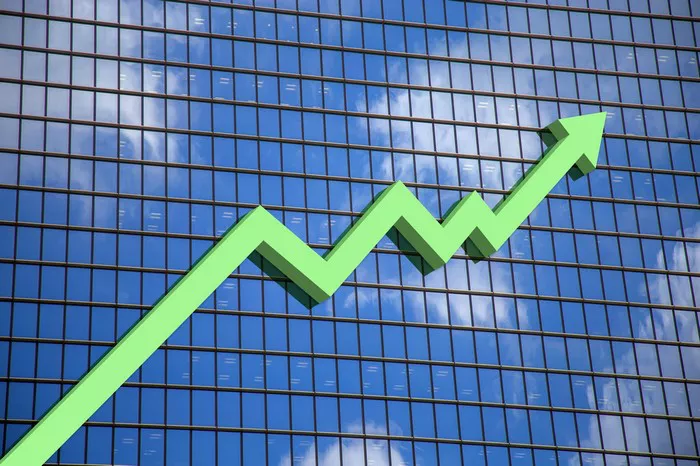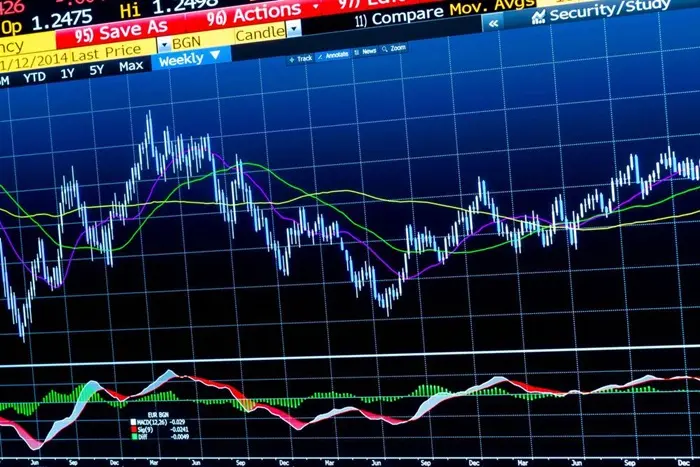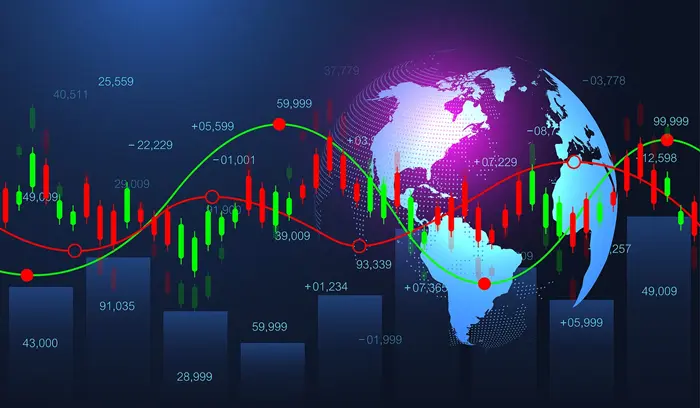Investors are offloading tech stocks as President Trump’s tariff deadline approaches, causing significant losses in the sector. Over the past four trading days, the Nasdaq 100 has fallen by 7%, with major tech companies losing up to 10%. The sell-off has been primarily driven by hedge funds, concerned about the high valuations and the potential impact of a slowing economy.
Tariffs and Investor Concerns
The sharp decline in tech stocks comes just days before President Trump is expected to announce a new set of tariffs on April 2. Investors are selling off risky positions, with the tech sector being one of the largest. Although tech stocks are seen as having limited exposure to tariffs, they have underperformed compared to other sectors that are more vulnerable to the trade war.
In the past week, stocks in the consumer discretionary sector have fallen by 5%, industrial stocks dropped by 3%, while consumer staples stocks saw a 3% increase. Despite these movements, tech stocks remain a focal point for hedge fund activity, with many funds trimming their tech holdings at the fastest pace seen in six months.
Hedge Funds Lead the Sell-Off
According to data from Goldman Sachs, the sell-off in tech stocks has been fueled by hedge funds. These funds have been reducing their tech exposure rapidly, with some even taking short positions. The drop in tech’s value is the second-largest in the past five years, underscoring the severity of the market pullback.
The Impact of High Valuations and Economic Concerns
While tech companies are not directly impacted by tariffs, the overall economic uncertainty tied to the trade war is spooking investors. Several risks are now emerging for the sector, including high valuations, potential interest rate hikes, and fears of declining earnings if the economy slows down.
Tech stocks are trading at a forward price-to-earnings ratio of 25, far above the S&P 500’s ratio of 20.5. This has led some analysts, like Brent Thill from Jefferies, to lower their price targets for major software companies.
For example, Thill reduced Microsoft’s target from $550 to $500, Amazon from $275 to $250, Meta Platforms from $810 to $725, Alphabet from $235 to $200, and Snowflake from $220 to $190. Thill also noted that macroeconomic uncertainty is slowing deal flow in the tech sector and could lead to reduced advertising spending.
AI’s Impact: Waiting for Returns
AI investments, which have been a major focus for many tech companies, are also under scrutiny. Thill pointed out that many of his clients are in “wait and see” mode, as AI has yet to deliver significant returns. Currently, AI accounts for only about 1% to 3% of total revenue in the software industry, indicating that the market is still uncertain about the future of AI as a profitable venture.
Thill emphasized that until AI demonstrates clear financial benefits, there is a risk that future investments in AI could slow. “We need to see AI revenue come in,” he said. “Until we see the ROI, companies may hold off on spending.”
Conclusion
The tech sector is facing a turbulent time as it grapples with the uncertainties surrounding President Trump’s upcoming tariff announcement. Hedge funds are leading the sell-off, driven by concerns about high valuations, macroeconomic risks, and the yet-to-be-realized profits from AI investments. As economic conditions continue to evolve, the tech industry’s path forward remains unclear, with investors closely watching for any signs of recovery or further setbacks.



























